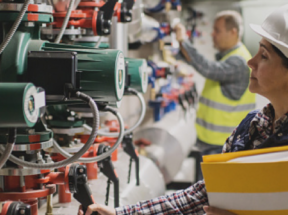Access to the platform
Loading...


March
13-16
Spring Gas Conference
Conference
March
23


